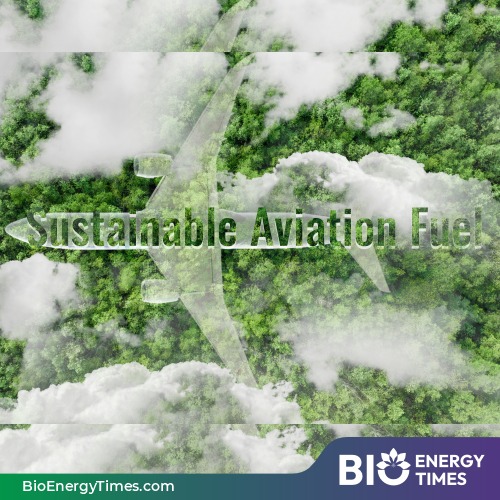The state government is firmly dedicated to sustainable development through various initiatives, Premier Tan Sri Abang Johari Openg affirmed today.
At the launch of the Seventh International Digital Economy Conference Sarawak (IDECS), he emphasized that the Post-Covid-19 Development Strategy 2030 (PCDS 2030) is anchored in a strong commitment to sustainable growth, which harmonizes economic prosperity, environmental stewardship, and social inclusion.
“With pioneering initiatives in hydrogen energy, biomass, and extensive reforestation, we are not only minimizing our environmental impact but also enhancing our long-term economic resilience,” he stated.
Abang Johari noted that sustainability encompasses more than just environmental conservation; it also involves social equity and inclusiveness.
“We are dedicated to improving the lives of all Sarawakians by empowering marginalized communities, creating quality job opportunities, and ensuring access to education and healthcare.”
He also highlighted the significant potential of integrating AI to address existing disparities and provide smarter, more efficient solutions for the populace.
The premier pointed out that the state government’s sustainability efforts began early, with investments in renewable energy dating back to the early 2000s.
He mentioned that the construction of the Bakun, Murum, and Baleh hydroelectric plants is critical to Sarawak’s renewable energy strategy, facilitating economic growth while delivering socio-economic benefits to local communities.
These hydropower projects have led the state government to invest in research and explore innovative energy storage solutions, including pumped storage hydropower, to enhance efficiency and sustainability.
“We also intend to establish small to medium-sized power sources along our rivers to optimize water usage and reduce ecological disruption,” he added.
Emphasizing the importance of investing in new renewable energy sources, he stated that AI technologies are crucial for managing energy intermittency, ensuring a reliable power supply.
AI will be integrated into smart grids, which will allow for real-time balancing of energy supply and demand.
“These advanced grids use predictive algorithms to optimize energy distribution and seamlessly incorporate renewable sources, including solar and wave energy,” he explained.
By analyzing energy consumption data and forecasting demand, AI can maximize the use of renewables while minimizing dependence on fossil fuels.
“Moreover, it enhances energy storage systems, reduces waste, and strengthens grid resilience—key steps toward achieving our net-zero carbon objectives,” he noted.
The premier also highlighted the significance of waste management as another area where AI can promote sustainability. As urban areas grow, efficient waste management becomes increasingly crucial.
AI-powered systems can effectively sort, process, and recycle materials, ensuring that valuable resources are not wasted.
He mentioned Miri as a city utilizing smart waste truck management systems to optimize garbage collection by tracking schedules and routes, thereby reducing fuel consumption and operational costs while lessening environmental impact.
By ensuring timely waste disposal, Miri is alleviating landfill pressures and promoting a cleaner urban environment.
Abang Johari stated that Sarawak is also investigating ways to convert organic waste from agriculture into energy.
By harnessing anaerobic digestion and biomass conversion, the state government aims to decrease landfill waste while producing renewable energy for local communities.
Additionally, he noted that the Sarawak Digital Economy Corporation (SDEC) is supporting deep tech research and development in local universities, focusing on integrating AI into waste management and conversion processes.
“Advanced analytics will enhance the monitoring of feedstock quality and optimize fermentation processes, ultimately boosting overall productivity,” he concluded.
To read more about Sustainable Aviation Fuel Industry News, continue reading BioEnergyTimes.com















